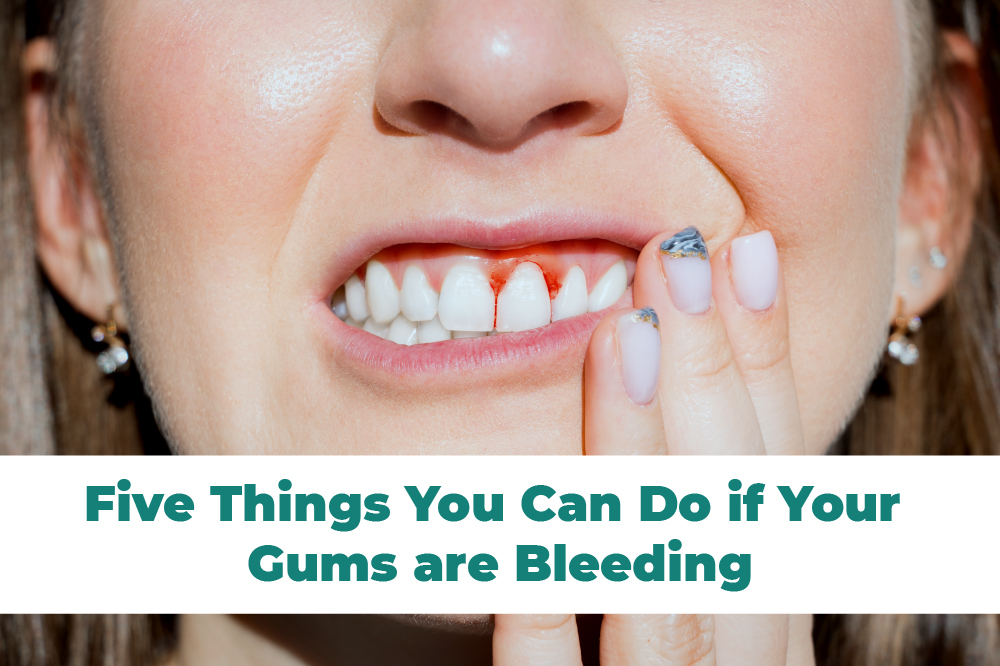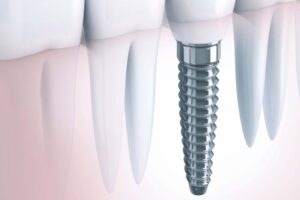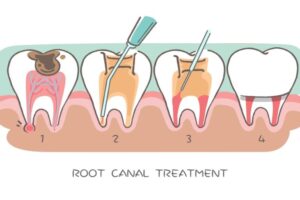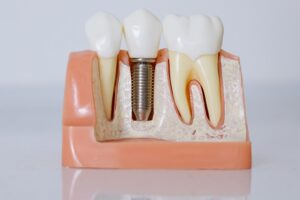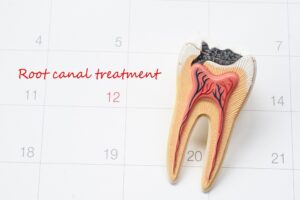You are cleaning your teeth and notice a bit of pinkish substance when you spit out the toothpaste. You could see some bleeding when you floss. Albeit the smallest measure of blood probably won’t appear to be a small matter, on the off chance that your gums are bleeding heavily, you shouldn’t ignore it.
Bleeding gums can occur for various reasons, from gum disease to a symptom of pregnancy. Changing your oral routine can likewise make your gums swell and bleed. Here is what you can do if you do notice some bleeding.
- Step Up Your Oral Care Game: Plaque contains microscopic organisms, which produce acids that damage the tooth enamel and can harm your gums. On the off chance that microorganisms developed from the plaque on teeth are not eliminated through simple brushing and flossing, they cause develop of tartar, a calcined material that plaque sticks to and keeps on harming the gums. This causes swelling and can advance into further developed types of gum infection. An ideal way to lessen plaque development and your risk for swelling gums is to keep up with an appropriate oral care schedule.
Make sure to brush two times per day using fluoride toothpaste. Floss no less than once a day; gums can sometimes stop bleeding with regular flossing. What’s more, seeing your dental specialist consistently – not right when you have an issue or concern – is likewise an unquestionable requirement to keep your oral care in the best shape. - Investigate Your Equipment: If you really do brush and floss routinely and get your semiannual dental visit in, your oral cleanliness care tools could be the reason for your gum bleeding. In spite of the fact that it could appear to be that a toothbrush with medium or firm bristles scrubs your teeth and gums all the more deeply or completely, harder bristles usually just cause irritation which can be why your gums are bleeding.
At times, it probably won’t be the tools that are causing the bleeding yet the manner in which you are using them. Assuming you have been out of the habit of flossing, start it once more. You could see a touch of blood at your gum-line, yet make sure to continuously deal with them delicately and try not to press the floss against your teeth and gums excessively. - Keep a Healthy Diet: What you eat and when you eat it likewise has an impact on holding your gums back from bleeding. Food varieties that contain part of sugar or basic starches increase your risk for tooth and gum issues, as sugar creates an optimal situation for plaque development. Focus on an eating routine that is low in sugar and high in essential supplements like vegetables. You don’t need to remove desserts from your life. Simply make sure to eat them with some restraint, and brush after these treats.
- Check Your Medicine: Certain meds additionally add to the chances that your gums will bleed. Some over-the-counter pain killers like ibuprofen can accordingly increment bleeding. It is likewise workable for a physician-recommended medicine to cause gum problems, in which case, your doctor could suggest an alternate medicine. Try and converse with your primary care physician if you think a medicine is causing bad effects, regardless of whether they appear to be mild.
- See Your Dentist: In the event that changing your oral habits, changing your meds, and keeping a good diet doesn’t assist your gums with stopping the bleeding, your next step ought to be to have a discussion with your dental specialist. He will look at your teeth and gums, and whatever treatment is required, for example, profound teeth cleaning or periodontal medical procedure, you will be encouraged to counsel a periodontist who spends significant time in treating gum sickness.
At times, bleeding gums are not a problem; however, specific occurrences can cause proficient treatment. There are certain other irritants like teeth cap after a root canal or a dental accident that can lead to bleeding of gums and should be addressed proficiently. With the right conclusion and individual consideration, bleeding gums can turn into a relic of past times.

